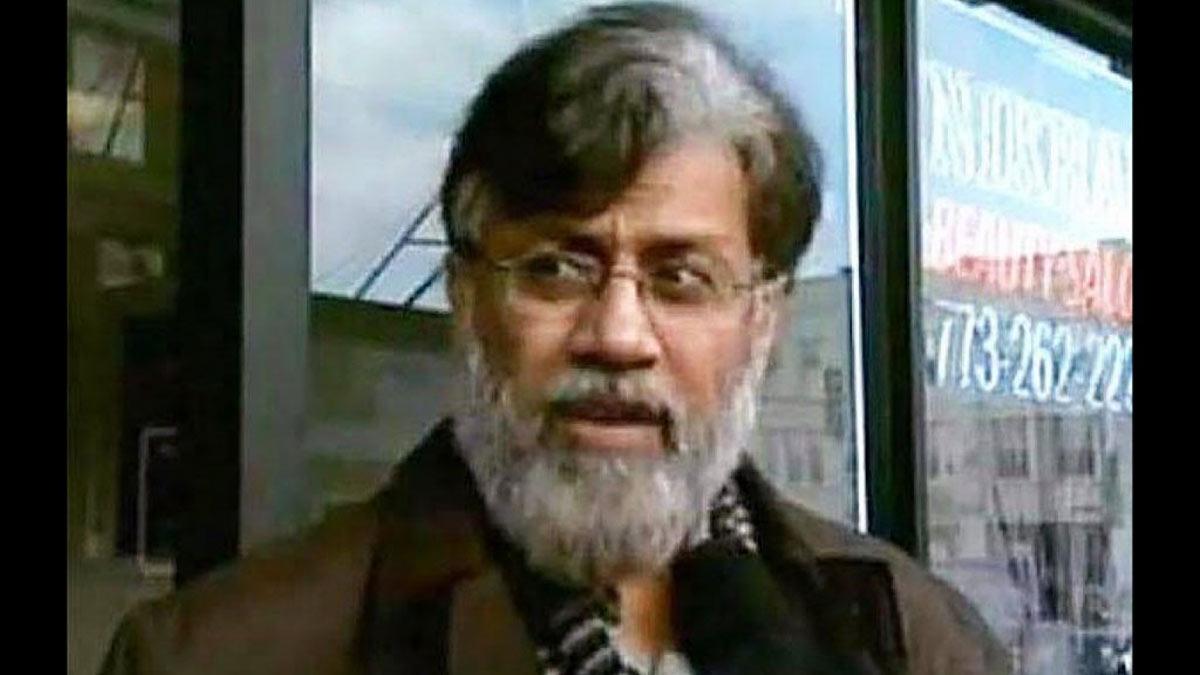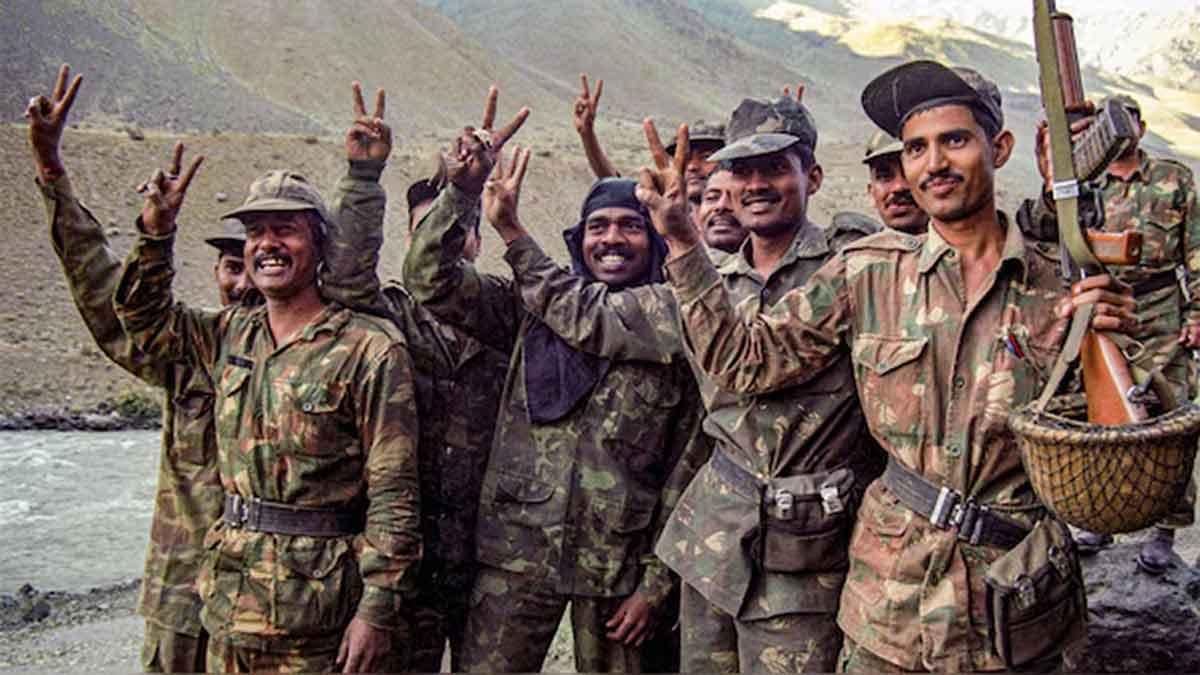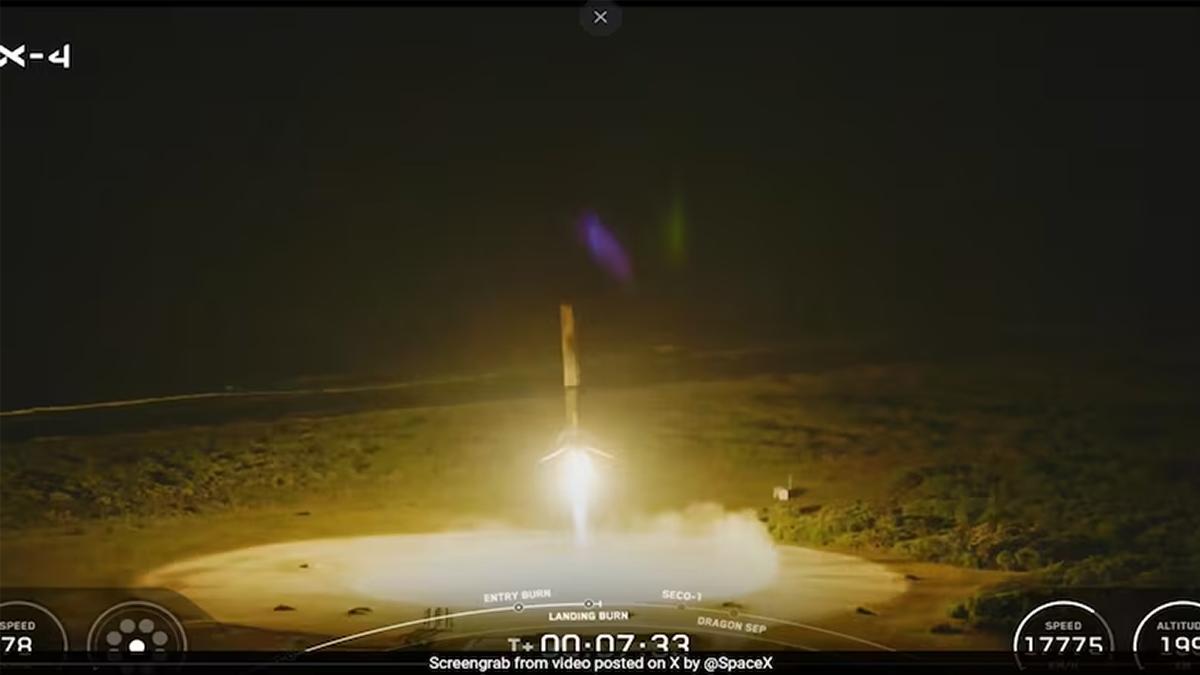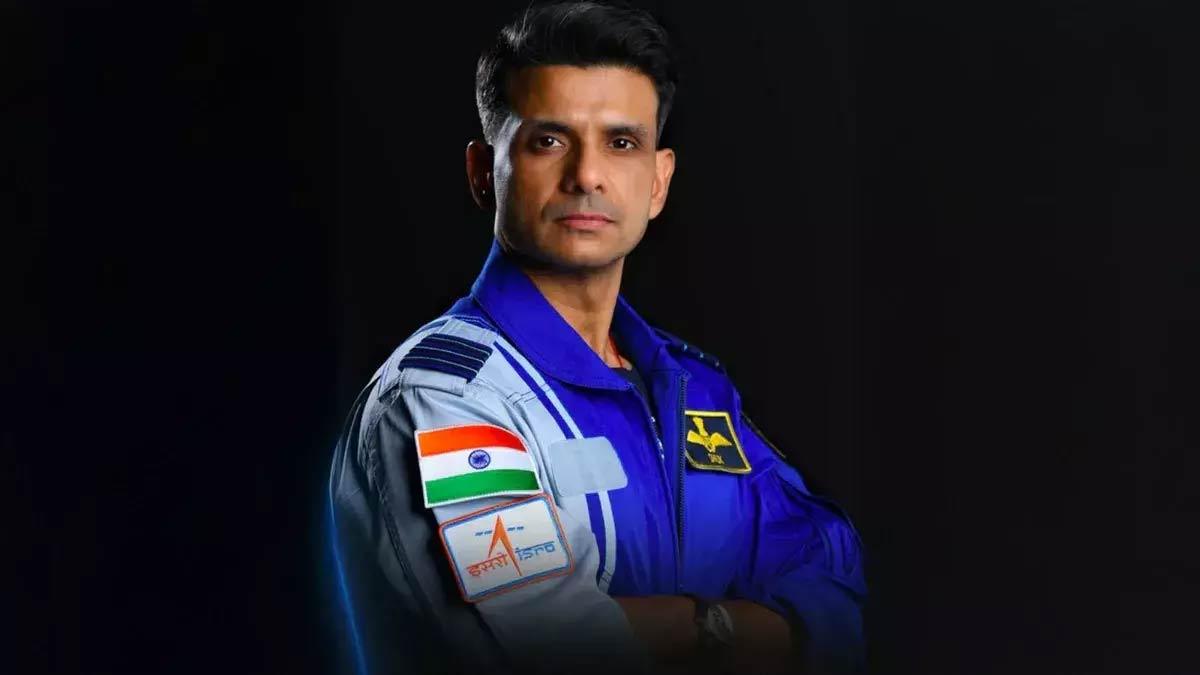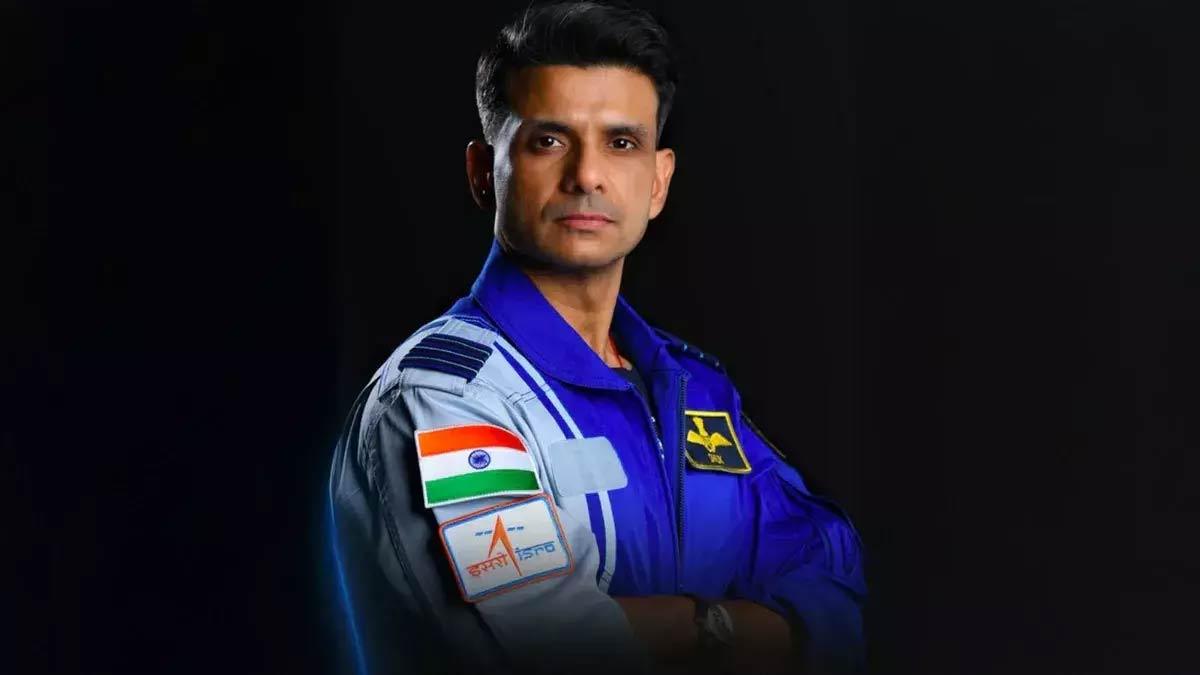A federal appeals court in the US on Friday dismissed the appeal of Pakistani-Canadian Tahawwur Rana against his extradition, paving way for him to possibly face justice in India for his alleged role in the 26/11 Mumbai terror attacks, which claimed around 175 lives.
The appeals court, California-based, ruled that a lower federal court decision allowing his extradition could stand and confirmed that the 1997 extradition treaty between India and the United States covers his alleged crimes.
Rana's last resort in the judiciary to prevent extradition would be to appeal for a hearing in the Supreme Court, where he has a very small chance of success. The Supreme Court, says the U.S. Department of Justice, agrees to hear less than 1 percent of the appeals brought before it.
Rana's extradition would be a partial fulfillment of India's efforts to bring the U.S.-based conspirators of Lashkar-e-Taiba to trial in India, as the U.S. has refused to extradite Rana's Pakistani-American associate Daood Gilani, aka David Headley.
Headley, a former informant for the U.S. Drug Enforcement Agency, bypassed extradition by cooperating with the U.S. government after he pleaded guilty to 12 terrorism-related charges under a deal.
A three-judge panel of the appeals court heard the habeas corpus petition against the Central California District Court's decision allowing Rana's extradition.
Judge Milan Smith wrote in the opinion for the panel, "India provided sufficient competent evidence" to support the magistrate judge's initial finding of "probable cause that Rana committed the charged crimes" justifying the extradition.
Rana is a Canadian citizen residing in Chicago. He was arrested in 2009 in the United States on charges related to conspiring to bomb the Danish newspaper 'Jyllands-Posten,' which had run a controversial image of the Prophet Mohammed.
The most grave charges against him in a federal court in Chicago were: his involvement in the Danish plot, providing material support to Lashkar-e-Taiba, and conspiracy pertaining to Mumbai attacks. He was acquitted of the Mumbai charges but convicted on the other two counts and received 14 years.
The ruling from the appellate court stated that his discharge with regard to the Mumbai attack charge is wholly irrelevant to his extradition, in view of the fact that there are innumerable other charges against him in India, some of which are pertaining to conspiracy, waging war, murder, terrorism, and forgery, as explained in the judgment.
Rana was released after seven years on compassionate grounds due to the Covid-19 pandemic before India asked for his extradition to face trial, which a magistrate judge granted.
It also pointed out that Rana, who was a doctor in the Pakistan Army before migrating to Canada and starting an immigration service, helped Headley procure a five-year visa for India on the pretext of expanding his business in this country.
Headley used the visa to reconnoitre the Taj Hotel and other targets as part of preparation for the Lashkar terror attacks. The judgement referred to the fact that Headley had kept Rana informed about his reconnaissance activities.
Judge Smith further commented in the judgment, "Rana commended the terrorists who perpetrated the attacks and said that the people of India 'deserved it'."
Read also| Assam DGP Reports Recovery of Chinese-Origin Arms and Ammunition
Read also | CDS Highlights Regional Instability as Major Concern

